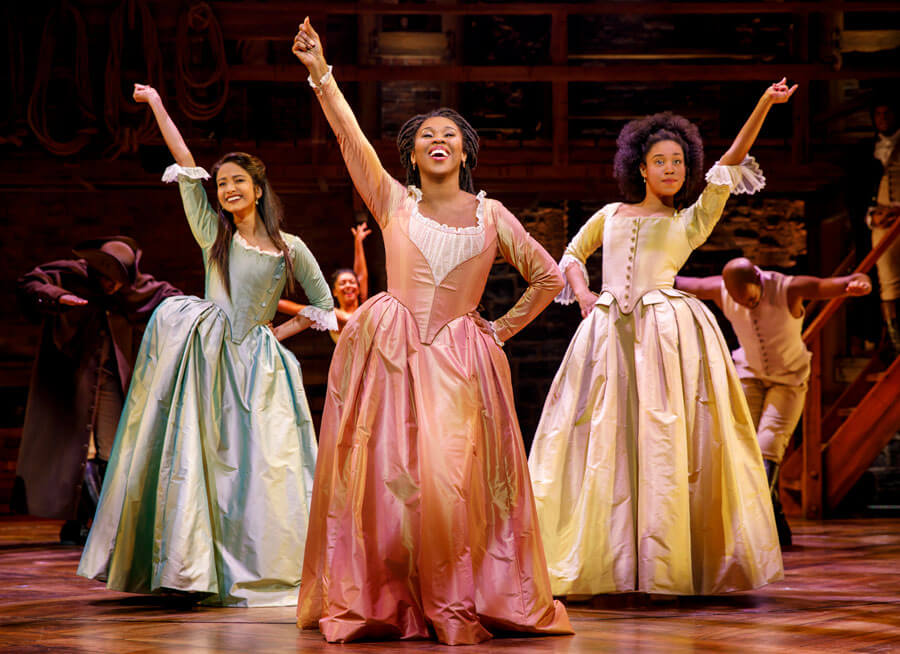Long weekends in springtime are dangerous, as they give children and their parents a hint of summer. Sunshine beckons and bedtimes lengthen.
Yet the freedom is fleeting, and soon real life looms again.
We enjoyed four days off in Frisco last week. I used one day to clean the house. Another to run errands and cook. Another to celebrate Easter with family. By Monday I was worn out. There were still more house projects (that list is long). There was a stack of papers to grade. There were meals to plan and prep.
My body and mind, though, told me to stop. To sit in the big green chair and do nothing. To watch the first 30 minutes of West Side Story before succumbing to a nap.
I felt a twinge of guilt and heard the murmur of unorganized closets and ungraded poems and unchopped vegetables.
Louder than those whispers of guilt, though, was the rolling thunder that announces May — that glorious season of celebration, the 31 days that give December competition for the title of Most Overbooked Month of the Year.
I'm no stranger to the bittersweet and exhausting demands of May. It's wise practice to conserve energy and strength in advance of this emotional rollercoaster.
This year's combination is the most powerful in the Damm house so far: single mom who's a teacher plus daughter finishing middle school plus son graduating from high school. There's not a moment I want to miss.
Our family's calendar includes but is not limited to multiple STAAR and AP exams, a band concert, two performances of Schoolhouse Rock Jr., booster club scholarship night, alumni receptions at elementary and middle schools, baccalaureate, senior Sunday at church, mentorship presentation night and the moment that Cooper has been working toward for 13 years of public school — graduation.
It's a moment that I've been working toward for almost 18 years, nurturing and pushing, cajoling and applauding my firstborn toward a finish line that's also a launching pad. All of the work and love leading to this moment feels like a lifetime and a blip all at once.
I have no intentions of bemoaning our celebrations, scorning our milestones or wishing away a single day. I've learned to embrace all that May represents, even when it makes me weepy or weary.
These events showcase individual progress and teamwork toward a common goal. They celebrate learning from mistakes, taking risks and persevering. They acknowledge that it's a community of family, friends, teachers and coaches who help to raise a child. They offer a tidy end to one season and invite a new season to begin.
Experience tells me that the whole month of May is more joyful when you face it with a game plan that includes but is not limited to synchronized calendars, shortcuts for meals, a ready supply of Kleenex, a sense of humor and a whole bunch of grace for yourself and your people.
 |
| Katie and Cooper, Easter Sunday 2019 |
I'm ready for you, May — for your flashy shindigs and hushed moments, for your reminders of full lives and hard work, for your symbolic conclusions and convocations. (And please don't be offended if I take a nap or two.)
Tyra Damm is a Briefing columnist. She can be reached at tyradamm@gmail.com.








